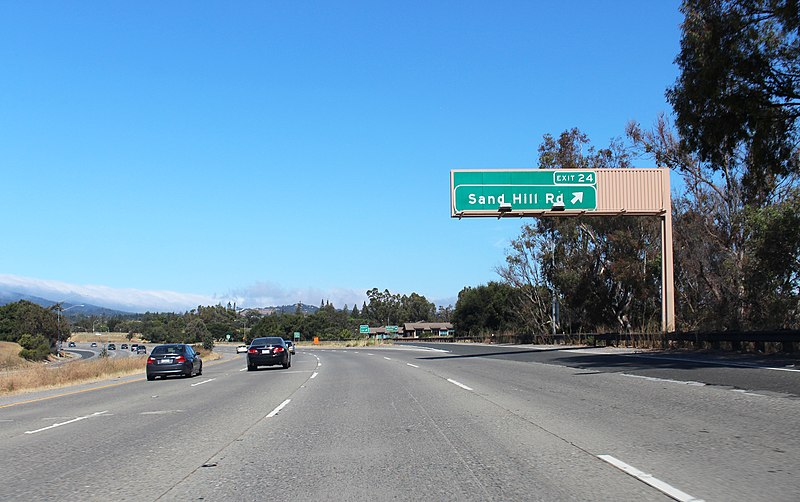Imagine it – you’ve had a long day at work.
You come home, open the fridge, sigh at your lack of food. You’re exhausted. You’re hungry. You’ve got just a mere few hours before you have to go back to sleep and do it all over again.
The idea of spending an hour cooking doesn’t appeal – so what do you do?
You head to your nearest supermarket – grab a ready meal, some cereal or perhaps some sausages or burgers. Maybe a packet of biscuits.
This is fine as a one-off, but if it’s a regular habit, you could be exposing yourself to a further risk of increased risk of heart attacks, strokes. high blood pressure and other illnesses.
Last month, factory-produced foods were linked to thousands of early deaths in the UK, in a study counting the cost of packaged foods like ready meals and sugary cereals.
It led to headlines including a Metro front page, but this study was just the latest linking highly processed foods to poor health.
Experts have now told Metro that politicians should stop worrying about the ‘nanny state’ and focus on taxing the unhealthy and addictive ultra-processed foods instead.
Dr Chris van Tulleken, who wrote the book on this with his 2023 bestseller Ultra-Processed People, told Metro: ‘We know that ultra-processed food causes – not just is associated with – obesity, chronic kidney disease, inflammatory bowel disease, certain cancers, metabolic disease, cardiovascular disease, cerebrovascular disease, and anxiety and depression.

‘So it would almost have to cause increased death rates. It would be very odd if it didn’t.’
In 2018, a ‘sugar tax’ on pre-packaged drinks was introduced, and the government is now considering widening it to include milk-based drinks, such as milkshakes and pre-packaged lattes.
But Dr van Tulleken told Metro: ‘We’re negotiating around “can we possibly add a bit of sugar tax to a frappuccino and a milkshake, in addition to a coke?” I mean, this is angels on the head of a pin.
‘There is no good reason for not implementing the salt and sugar taxes proposed in the National Food Strategy.‘
He was referring to a government-commissioned report into the UK’s food by Henry Dimbleby. Published in 2021, politicians have so far ignored its key recommendation for a ‘Sugar and Salt Reformulation Tax’, using additional revenue to get fresh fruit and veg to low-income families.

Metro spoke to Dr van Tulleken at the launch of a free online course by the Cookery School at Little Portland Street in London, aimed at fighting ‘fake food’ by giving people skills to cook from scratch.
Panellists told how politicians feared looking elitist by taking action, given how often they try to look relatable by eating chips, pulling a pint, or doing a shift at McDonald’s.
Sue Pritchard, chief executive of The Food, Farming and Countryside Commission, told the audience that ‘Big Food’ companies were using the same playbook historically used by tobacco and fossil fuel companies, to ‘undermine the evidence and frighten politicians into inaction’.
What are UPFs?
‘UPFs are foods that have undergone significant processing and modification from their original state,’ explains Dr Frankie Phillips, a registered dietitian with the British Dietetic Association.
‘Some definitions suggest that UPFs usually contain ingredients that aren’t found in a typical kitchen e.g. artificial colours, preservatives, artificial flavours, and emulsifiers.
Processing isn’t all bad
It’s important not to villainise processed foods completely.
As Dr Frankie explains: ‘Processing isn’t all bad, and sometimes it can even help as some nutrients are more easily available to the body when they are processed to some degree.
‘For example, canned tomatoes or tomato puree has more bioavailable antioxidants than a fresh tomato, and life is simply too busy to make everything from scratch all the time.’
She said the current food system is ‘damaging us’, and told how many were hopeful that the Dimbleby report’s publication would unlock change.
But media responded with ‘industry talking points’ such as ‘nobody wants a nanny state,’ ‘these are just middle class concerns’ and ‘people just want cheap food’, she said.
‘We do lots of work with citizens around the country, and that’s not what real people actually say at all. People really care about the quality of food they are feeding to their kids.’
The UK eats more ultraprocessed food than any other country in Europe, making up more than half the food consumed by adults, and more than two thirds of the foods eaten by children.

Most supermarkets are a temple to mass-produced sauces, biscuits, meat, sweets, crisps, desserts, and microwave meals, and it generally works out cheaper to buy pre-prepared than cook from scratch – meaning the odds are stacked against those trying to eat healthily.
‘Traffic light’ labelling of sugar, salt and fat is voluntary, but does not indicate the level of processing.
Dr van Tulleken, who is also an NHS doctor, said it was ‘not our fault’ that change has so far been slow.
He said the marketing budget of just one major food company could be ‘two to three times the entire operating budget of the World Health Organisation’, which was over £5 billion this year.
Government food policies
There have been some key laws to make it through, despite opposition:
2007: Ban on junk food advertising on children’s TV comes into force
2014: Introduction of Universal Infant Free School Meals in England
2018: The Soft Drinks Industry Levy (SDIL), better known as the ‘sugar tax’ on packaged drinks introdued
2019: Similar advertising ban on junk food across all Transport for London sites
October 2025: Junk food adverts on TV will be banned before the 9pm watershed
But in his opinion, the biggest reason for lack of effective action is ‘conflicts of interest’.
In March, the government announced the Food Strategy Advisory Board to look at how to ‘restore pride in British food’.
As well as the food minister Daniel Zeichner and chief medical officer Chris Whitty, its 14 members include reps from oven chip company McCain, packaged sandwich maker Greencore, Kerry Foods, Sofina Foods, and Sainsbury’s.
Dr Van Tulleken said: ‘As long as the policy makers include the industry that will be regulated, I think nothing will happen. It’s important to speak to the food industry, understand the food industry, and have a cordial relationship – but they can’t write the policy.’
His sister-in-law Dr Dolly Van Tulleken co-authored Nourishing Britain, a political manual on food, along with Henry Dimbleby, and also spoke on the panel last month.
She found there have been almost 700 policies floated since obesity reduction targets were published 30 years ago, yet there has been an ‘epic failure’ to reduce food-related ill health.
Looking at how things could improve, she said George Osborne’s sugar tax was developed in secret, ‘without industry in the room’ until it was already at a late stage.
Calling for politicians to ‘feel the heat’, she said added that ‘it’s important to make the positive argument that this is about people wanting a delicious, enjoyable food system.’
‘Cook for Victory’, named to reference a war against ‘fake food’, is running online for another two weeks every evening live from 6pm.
Get in touch with our news team by emailing us at [email protected].
For more stories like this, check our news page.
MORE: Map shows spread of tropical disease Melioidosis that has killed 31 people across Australia
MORE: TGI Fridays overhauls menu in comeback attempt after closing dozens of US locations
MORE: Urgent recall of soups, rice and porridge mixes over ‘life-threatening’ risk in US










